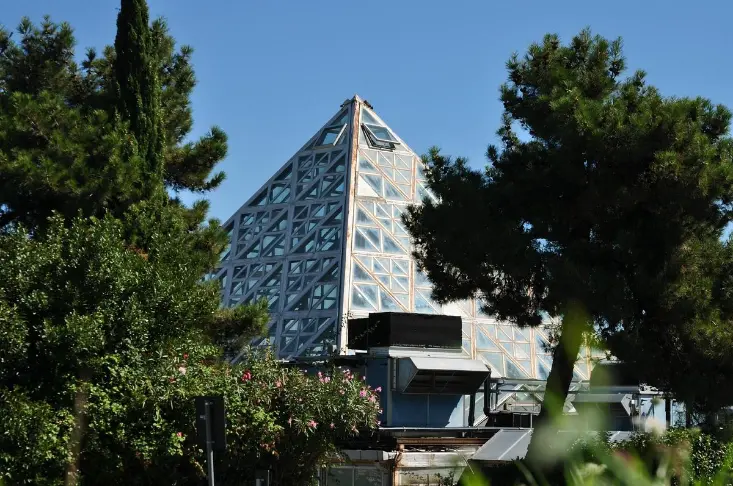
Legendary Italian Clubs That Shaped Electronic Music
Italy has long been a hub for electronic music, home to clubs that defined the scene not just locally, but globally. While these legendary venues no longer exist, their influence on DJs, artists, and party-goers lives on. Let’s take a journey through five iconic Italian clubs that left an unforgettable mark on electronic music.
Cocoricò – The Techno Pyramid of Riccione
Opened in 1989, Cocoricò became synonymous with techno and house music. Its most distinctive feature was the glass pyramid, a beacon for music lovers across Italy. Over the years, Cocoricò hosted legendary DJs like Carl Cox, Sven Väth, and Armin van Buuren. The club’s walls reverberated with groundbreaking sets and unforgettable nights, making it a pilgrimage spot for electronic music fans. Although it closed in 2019, the memory of Cocoricò continues to echo in the hearts of those who danced there.
Prince – Milan’s Nightlife Jewel
In the heart of Milan’s Porta Romana district, the Prince club reigned supreme during the 1990s and 2000s. Known for its exclusive events and vibrant parties, it was a place where Milanese nightlife thrived and global DJs graced the decks. Its closure in 2014 left a noticeable gap in the city’s club culture, but the legend of Prince lives on through stories from those unforgettable nights.
Red Zone – Perugia’s Underground Haven
Founded in 1985 as Palladium, Red Zone quickly evolved into a hub for techno and underground music lovers. Hosting international artists like Boy George and David Morales, the club became a sanctuary for electronic music enthusiasts seeking cutting-edge sounds and a tight-knit community vibe. Its doors closed in 2015, but Red Zone remains a symbol of Perugia’s vibrant musical history.
Velvet Club – Rimini’s Alternative Pulse
Also known as Velvet Perestrojka, the Velvet Club in Rimini was a haven for alternative and indie electronic music. Founded by Thomas Balsamini, it offered everything from DJ sets to live performances, supporting both Italian and international talent. The club’s closure in 2016, followed by its demolition in 2018, marked the end of a cultural landmark in Rimini, but its influence on the alternative music scene persists.
Gilda – Rome’s Exclusive Playground
Nestled on Via Mario de’ Fiori, Gilda was Rome’s answer to an elite nightlife experience. Renowned for its refined atmosphere and celebrity clientele, Gilda hosted high-profile events that left lasting impressions on the city’s social and musical landscape. Its closure left a void in Rome’s nightlife, but the club’s legendary nights continue to inspire new generations of party-goers and DJs alike.
These five clubs were more than just venues—they were cultural epicenters where music, art, and community converged. While the buildings may no longer stand, their legacy continues to shape Italy’s electronic music scene, inspiring DJs, producers, and fans around the world.
SCASSO, 21.08.2025